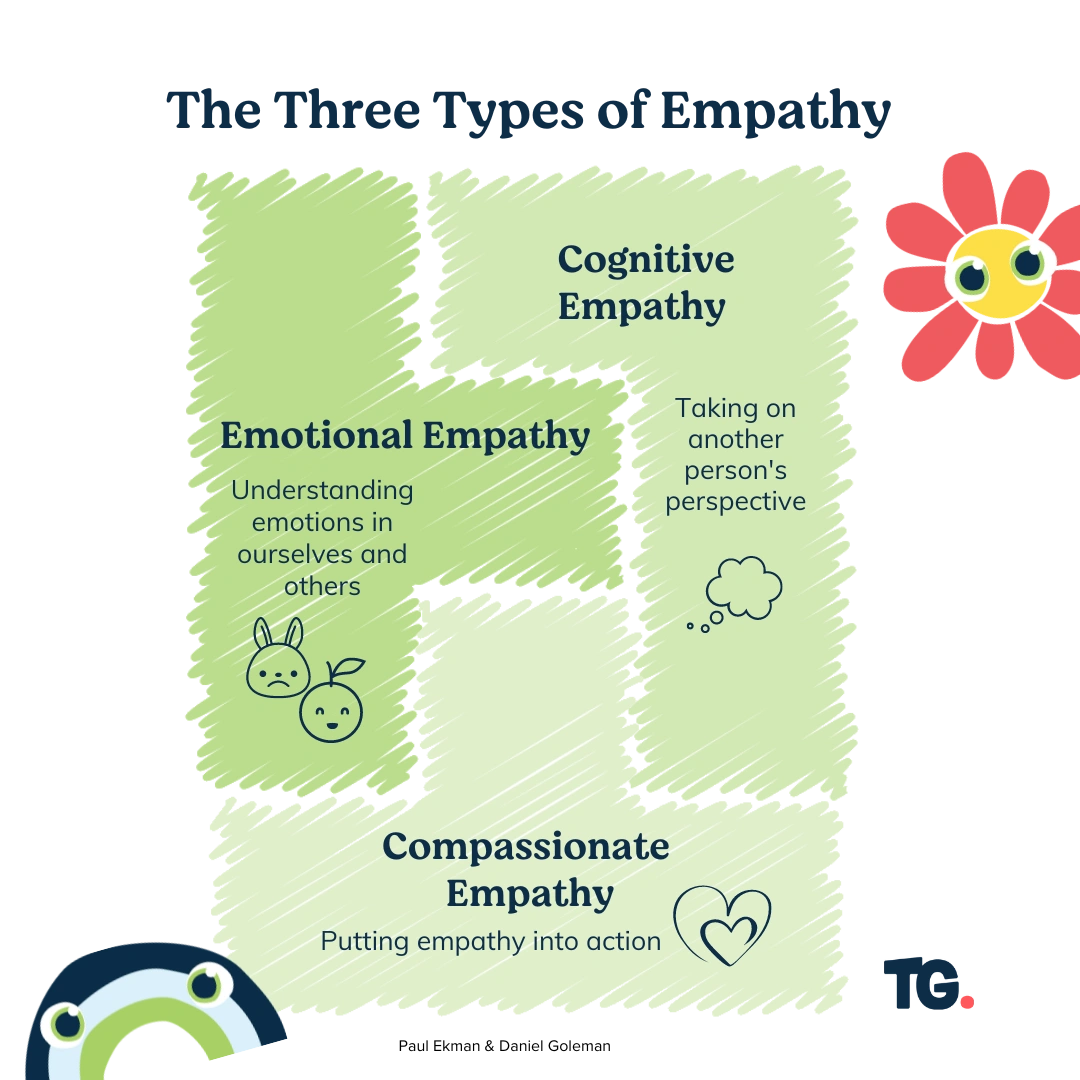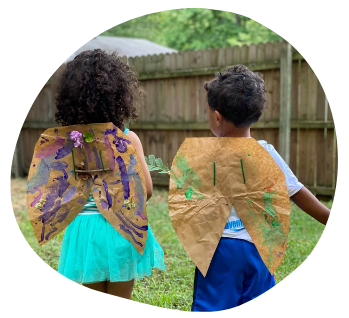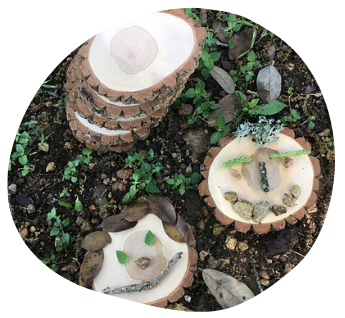“The great gift of human beings is that we have the power of empathy, we can all sense a mysterious connection to each other.” – Meryl Streep
Empathy, says author and expert Roman Krznaric, is “the art of stepping into the shoes of another person and seeing the world through their eyes.” It’s a craft that we learn and hone throughout life. It’s not sympathy or pity, but rather feeling with someone—actually understanding and feeling the emotions of another person, and responding accordingly.
Developing empathy skills will prove essential in the long run for our kids. But did you know that empathy is a superpower that we can teach kids from early on—and one that can even help our kids navigate the ups and downs of childhood and navigate the complexity in the world they'll grow up in?
Why empathy? Why now?
It’s not hard to agree that a world of people who understand their own emotions and the emotions of others is a world in which you’d prefer to live. In short, empathy is our saving superpower. It’s no surprise that our ability to connect and understand each other’s point of view leads to happiness and even better health. If our children have empathy, they can work with others to solve problems, whether confronted by a bully at school, someone who thinks differently than they do, or just coping with big feelings that hit as they navigate their world and relationships.
“Empathy is not a luxury for human beings; it is a necessity. We survive not because we have claws and not because we have fangs. We survive because we can communicate and collaborate.” —Daniel Seigel
Alarmingly, among young Americans, empathy levels have dropped precipitously, according to a 2011 study. Another study found that the level of narcissism (excessive interest in oneself) has doubled among college students. Social networks place kids’ focus and time on managing a “social self” in which how one is rated is valued over genuine connection.
Here are easy, everyday ways to understand and strengthen this superpower for your kids and yourselves.
Where do we start?
Before we can start to teach something like empathy, it helps to break it down into smaller parts, then look for opportunities to support each one. There are three main types of empathy, according to psychologists Daniel Goleman and Paul Ekman:
- I can sense the emotions I am feeling and recognize the emotions in other people (affective or emotional empathy).
- I can take the perspective of another person to understand what they need or what motivates them, even if it’s different from me (cognitive empathy).
- I can turn my sense of what other people need into action (compassionate empathy).
According to Goleman and Ekman, when all three of these components of empathy are in place, they can work together to support strong connections and relationships. But, since little kids are just getting started in laying down each of these building blocks, it can really help to focus on them one at a time. Teach affective empathy as you make faces out of nature treasures. Boost cognitive empathy as you pretend to be another creature. Use acts of kindness to boost compassionate empathy. Once you break it down and get a little guidance, it becomes easy to boost empathy!
“There is nothing soft about social and emotional skills.” —Jack Shonkoff
What can we do for our kiddos?
The good news? Humans are wired for empathy from the start! Much of empathy involves what is called the limbic system in the brain—the center for emotion, memory and arousal. This bit of brain architecture (that all mammals share) develops earlier in humans than the portion of our brain that controls conscious thought.
When we observe someone else’s experience, our brain activates to mirror what it would look like if we were actually experiencing that situation ourselves—amazing. Our brains’ ability to do this is “the basis of all empathy,” says neuroscientist V.S. Ramachandran.
Let's Get Started
We have the tools to understand and feel the feelings of others. We just need to learn to activate them. Here are some ways to start:
- Find ideas for helping kids build emotional empathy (sensing emotions another person is feeling).
- Try simple, powerful ways to promote kids' cognitive empathy (the ability to think what someone else is thinking).
- Choose one of these books that help teach kids empathy for your next story time.
- Discover fun, outdoor empathy-building activities like Spreading Smiles and Feeding our Feathered Friends.
- Empathy is, at its core, a group effort, so join our #OutdoorsAll4 Facebook group to share more empathy-boosting ideas that work for you and yours.
- Join us this spring! In early April, we'll open up two ways to help families and teachers engage kids' in our Empathy outdoor play curriculum! Stay tuned for more!
Bit by bit, experience by experience, our children's empathy can grow stronger and more refined–what a gift to them and the world. Imagine the impact if we all do that together!




